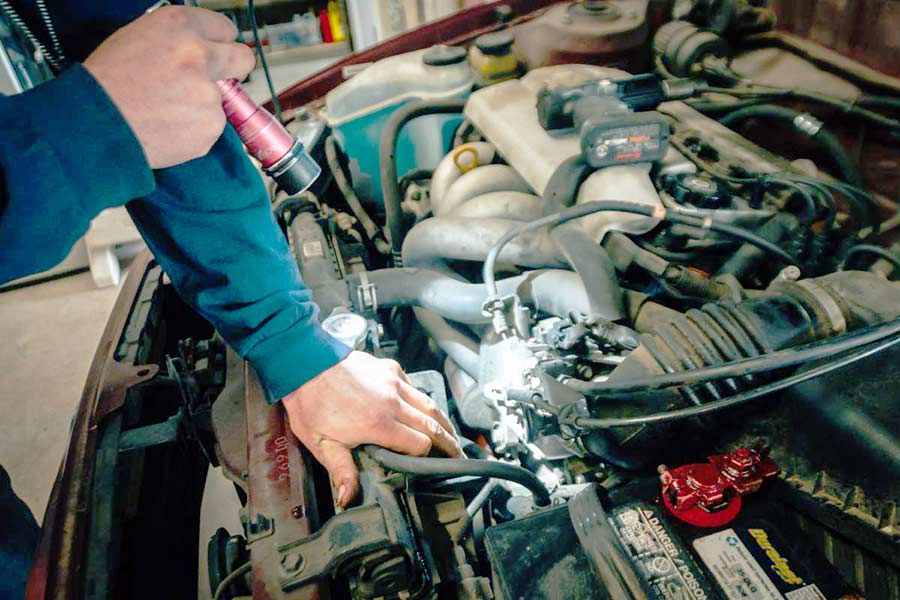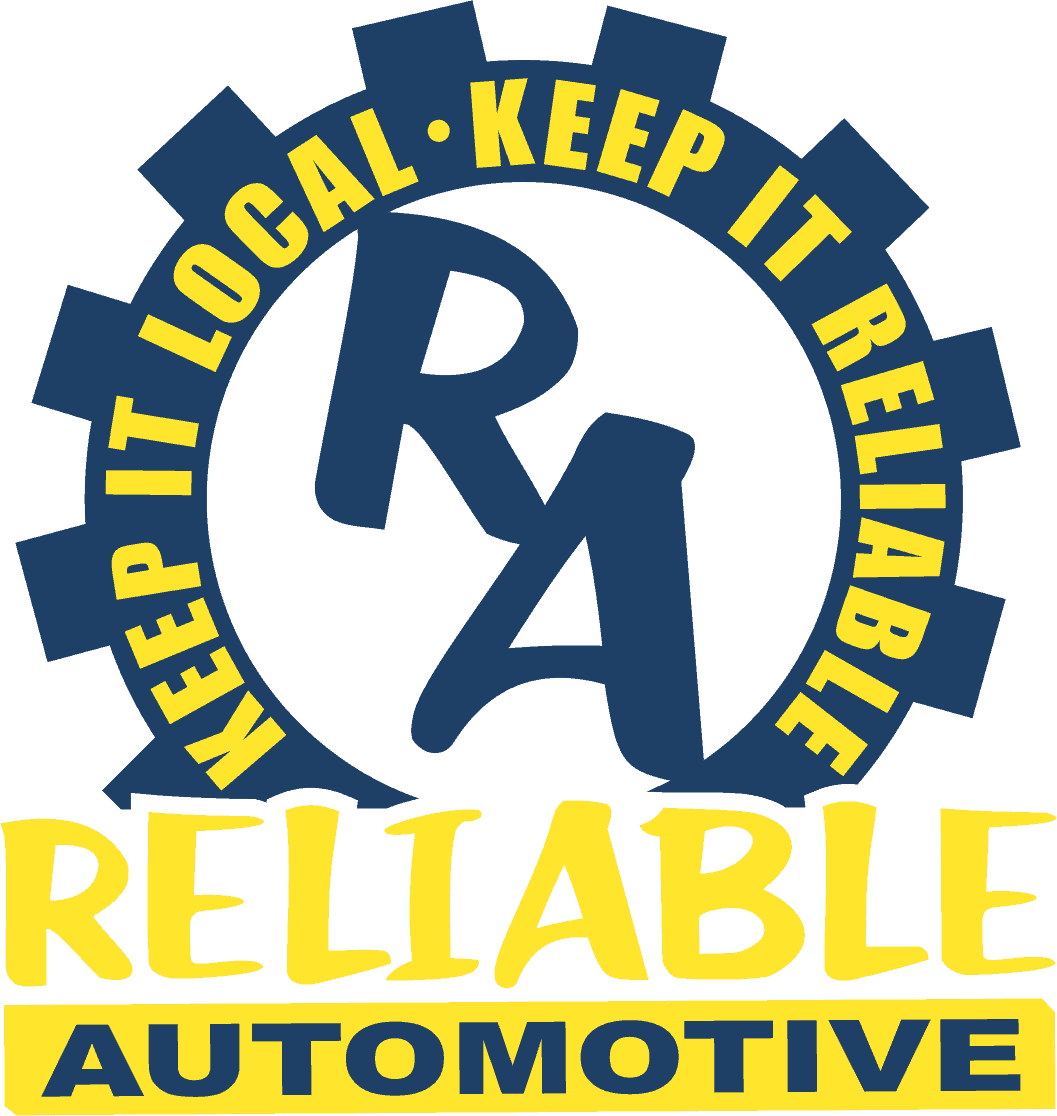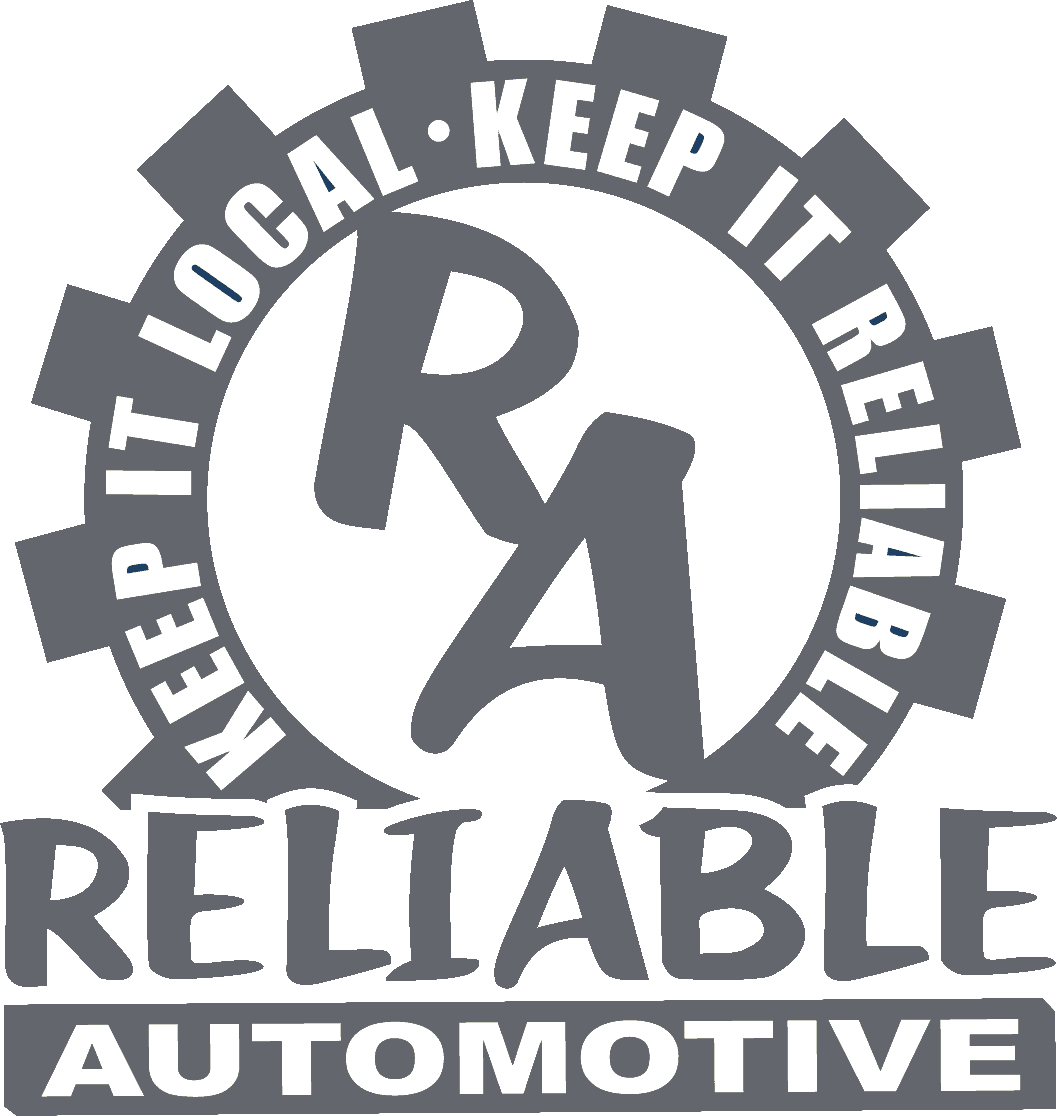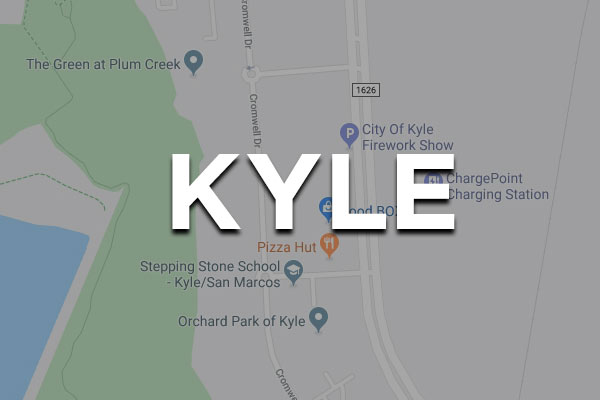
Buying a used vehicle is often a very stressful process. It is essential to take your time to assess the interior, exterior, and even under the hood to ensure that the vehicle has no significant issues prior to buying a used car. With all of these details to consider and all these choices to make, it can be easy to feel overwhelmed and unsure if you’re making the right decision on your used vehicle purchase. With the right knowledge of what to look for and what to ask, however, you can eliminate much of this worry and confidently move forward with your purchase.
Beyond simply going for a test drive with the vehicle to see how it operates on the road, it’s important to check the vehicle’s history, negotiate for the perfect price, and more before concluding the deal. Read on to learn our top 5 essential tips you need to consider when purchasing a used car.
Check the Vehicle’s History
The vehicle’s history is crucial when purchasing a second-hand car, truck or SUV. Checking its history helps you find out whether the vehicle is recorded as stolen, has an outstanding car loan, or has been previously written off. Having info about vehicle history is a must for a safe buy to prevent getting into an unwanted situation. You can use paid services to check this type of info.
Assess the vehicle’s Condition
Another thing that you must check when purchasing a used vehicle is to evaluate the vehicle’s internal and external conditions. Regardless of being a second-hand vehicle, the car that you intend to purchase needs to be in ideal operating condition, making your investment worth it. Consider taking a test drive with the vehicle and go through all major systems like engine, steering, wheels, cooling, etc. Additionally, it would help if you hired a trusted mechanic to test the vehicle for you.
Check the Vehicle’s Mileage
Thinking about acquiring a used vehicle but unsure about how to check its mileage? You can quickly check whether the vehicle you intend to purchase has a low or high mileage by merely dividing the number on the odometer by the age of the car. Mileage shows an instrumental piece of info regarding how the previous owner used the car. A car having a higher mileage typically has more wear and tear when it comes to its mechanical components. For instance, a relatively new vehicle with high mileage indicates that the vehicle was vigorously used.
Assess the Scratches and Paint Job
You are perhaps aware of the common phrase that the first impression creates a lasting impression. This term is indeed valuable when you decide to acquire a used car. Your desire to purchase a car will decline automatically as soon as you see a car with lots of folds, dents, and scratches. However, there is no need to stress about a clean vehicle that has negligible scratches that you can effortlessly fix. While inspecting the car internally and externally, it would help if you kept a close check on any paint chips or rusty spots.
Assess Engine Corrosion and Leaks
Since the engine is the heart of a vehicle, it is always vital to assess it before buying a second-hand car. Without a perfect engine, your car is nothing else but a piece of metal. If the engine fails to work as desired, the car will not meet the purpose that you need.
When shopping for a brand new vehicle, there’s no need to perform inspections like this and stress about the vehicle’s condition and history. When buying a second-hand car, however, you need to take all precautions and perform all types of inspections at least two times. This will give you peace of mind and confidence that you’ve made the right choice with your used vehicle!






